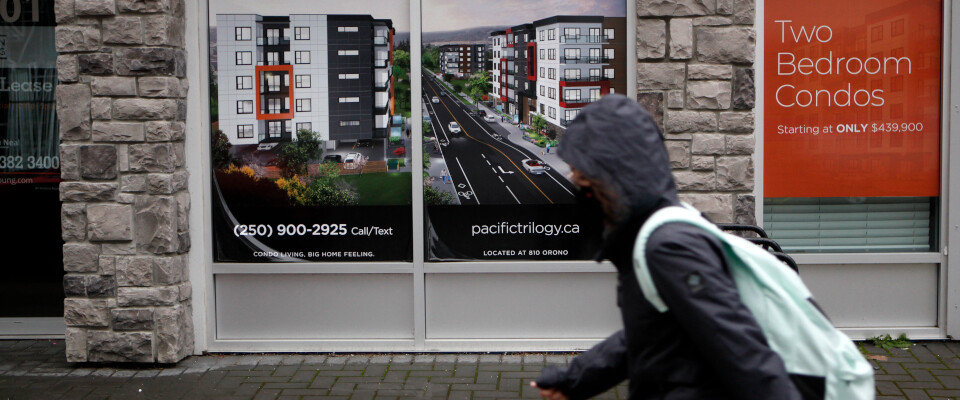goreckm
Active Member
Part of improving quality of life is actually implementing their climate plan. They have 80 billion dollars budgeted over ten years that should be helping to grow our economy.
They need to have a sense of urgency in implementing their clean investment tax credits. It is a major part of rebuilding our economy and creating good paying jobs.
As for polls? The Liberals were leading in the polls in June 2023, then the Bank of Canada started hiking interest rates again, and all the rats started to coming out.
The Liberals need to focus on the economy, and a major part of that is implementing their clean investment tax credits.
No, this isn't going to change anything materially. I think the pandemic showed that solving the climate problem is intractable, especially solving it before the worst impacts hit. If people can't mobilize to deal with an imminent threat, no chance it happens for something that is an undetermined point in the future with unknown impacts. It's horrible, since in reality, it's sentencing billions of people to death, but Europe (and America) will eventually spend trillions on building armed walls / borders to keep climate refugees out over any spending on actually solving the crisis, but you're not going to change human nature. Action will only be taken when people are sufficiently comfortable to not feel the impact of any extra money going towards mitigation, and that's not happening with the slow decline the west is experiencing now.
Also, tax credits and slightly better jobs aren't going to cut it. Right now, the problems are much more deep seated and emotional. People are angry that they can't afford to buy a house where their family or friends live, they're angry because they feel like they won't be able to provide the same life for their kids like they were provided by their parents, and a whole host of other things. You're not getting elected with, "here's a cheque for $200", or offering people some laughable retraining courses. Telling people with a smile on your face that the GDP going up, or some other metrics getting better is just going to get them angrier. To win in these times, you need to speak to peoples' fears, but the libs seem aloof and completely divorced from anything resembling reality.





